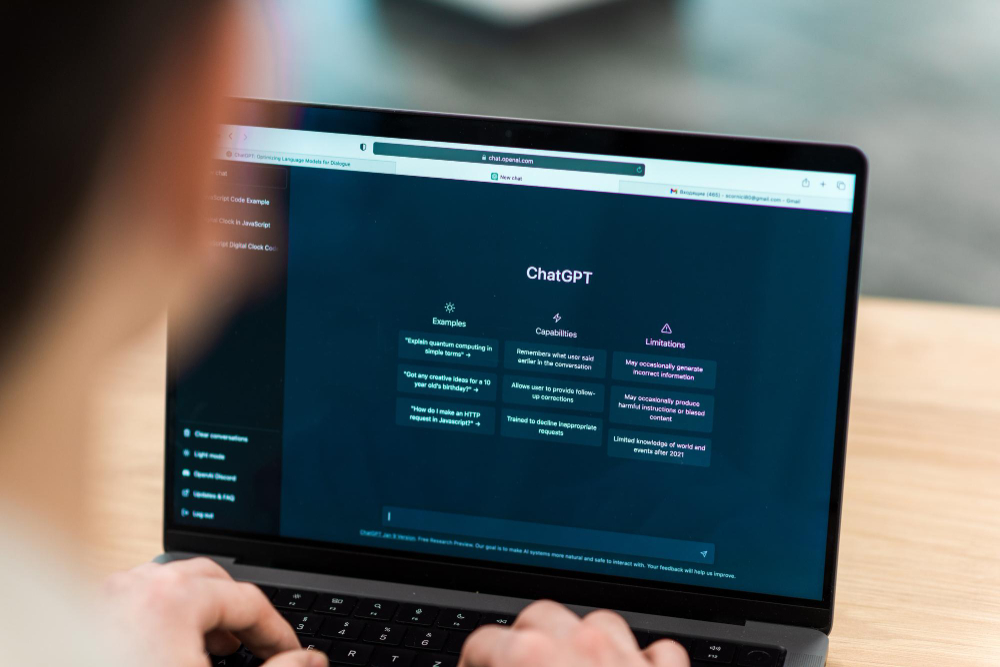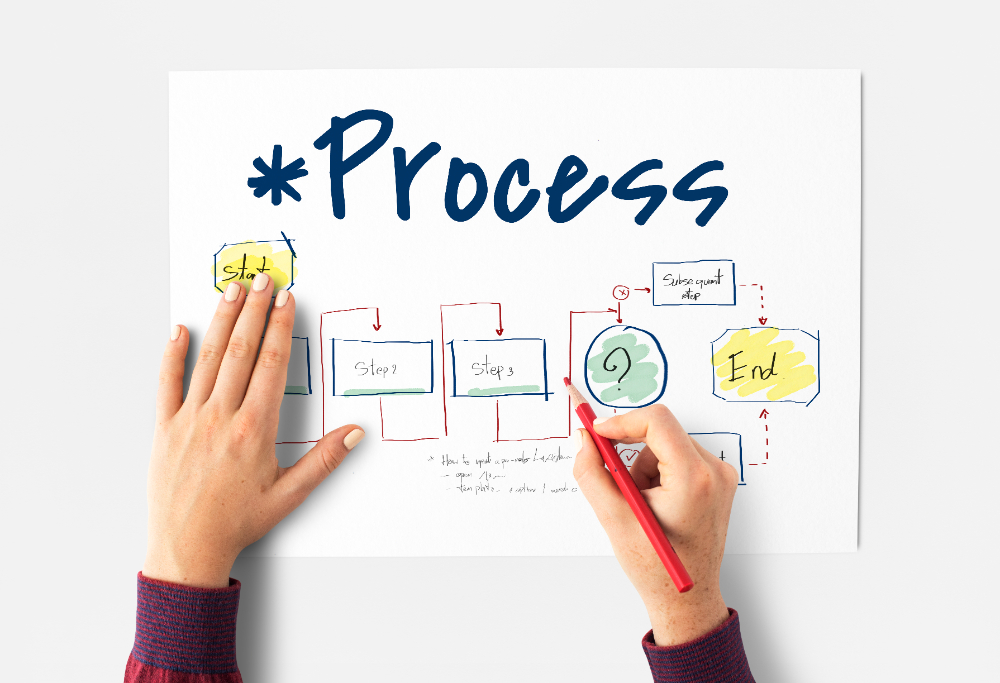Table of Contents
- What Are Metacognitive Skills?
- Why Are Metacognitive Skills Important in Modern Education?
- The Role of Metacognitive Skills in Online Learning
- Metacognitive Skills and Lifelong Learning
- Innovative Approaches to Teaching Metacognitive Skills
- The Integration of AI and Metacognition
- Challenges Implementing Metacognition
- The Future of Metacognitive Skills in Education
- Ten Strategies for How Schools and Institutions Can Foster Metacognition
- Conclusion
Today the education system is undergoing profound changes. Due to availability and technology interchange as well as modern methods of teaching, the metacognitive skills are very crucial in learning. These skills which equip learners with capacity for metacognition, to perform best or at least survive the fast-changing environment of learning are arguably the solutions to the key determinants. This article looks into employment of metacognitive skills in new education to offer insights on existing and future changes.
What Are Metacognitive Skills?
There exists therefore, metacognitive skills the strategies that help the individual to plan, monitor, and assess learning processes. These skills include:
- Planning: Goals and strategies in learning.
- Monitoring: Motivation and analysis of trends concerning a person.
- Evaluating: Evaluating the efficiency of performed actions and experiences achieving goals and objectives.
These skills are pivotal to bringing up self-directed learners, able to deal with different issues in learning and in life.
Why Are Metacognitive Skills Important in Modern Education?
The millennium refers to a number of new skills that are required in the 21st century. Communications and critical thinking, imagination and collaboration, or commonly known as the 4Cs remain relevant and important when it comes to achieving educational or occupational goals.
Metacognitive skills support these capabilities so student can monitor and modify their learning approaches in order to improve. For instance, metacognition makes problem solving, reflection and decision making, all of which are vital given the era of information and automation.
The Role of Metacognitive Skills in Online Learning
Realizing that the era of on-line learning experience is now starting with a new global trend in higher education, especially in response to the COVID-19, students have been challenged in such a way. A key issue that many students has been in regulating themselves, being motivated, or transitioning to each of the more tech-savory platforms. As a result, metacognition strategies have proactively been developed as useful in overcoming these challenges.
Students equipped with metacognitive skills can effectively:
- Plan their learning: Organize yourself to keep the professed strategies sequential and quite attainable.
- Monitor their progress: Instead, know where there is a problem, and then adjust the strategy.
- Evaluate outcomes: In the next steps, focus on achievement and breakdown as well as what must be done.
- There were rich sources of data and thanks to learner models such as the Open Learner Model, embedding of metacognition activities was proved to enhance learning in online learning environments.
Metacognitive Skills and Lifelong Learning
People all over the world are now working towards attaining a knowledge-based economy where learning is a continuous process. Metacognitive skills ensure that learners are equipped to:
- Adapt to new challenges.
- Put steady efforts to increase their stock of knowledge.
- Acquire specific critical skills which include; awareness of self and self-con.
When these skills are taught in school, the system develops productive citizens for society and not just learners in the society.
Innovative Approaches to Teaching Metacognitive Skills
Teachers are slowly beginning to realize the need to foster metacognition and even worse, teach it. Some of the most effective methods include:
- Project-Based Learning (PBL): Student is drawn into a problem situation, requires students to reflect on themselves and to think.
- Digital Tools: Applications that give immediate results and a set of data on the effectiveness of learning.
- Teacher Training Programs: Proponents of such programs, such as the Pro-Me-ToM course, stress this aspect by focusing on personal metacognitive knowledge of the teacher as a means to foster similar knowledge in students.
All these innovative methods are determining the future of education, and metacognitive skills are not left out.
The Integration of AI and Metacognition
AI is among the most famous tools that has ever come to the field of education. AI-powered platforms can:
- Offers customized deliveries.
- Offer real-time feedback.
- To do this, more assessment by learning theory experts is needed to identify current learning gaps and to indicate possible avenues to address the gaps.
Metacognition is when the use of these tools complements it by enabling students to fully own their learning paths. For example, when a student is studying with the aid of a system that employs the AI approach, the student, is able to organize his/her study timetable, assess the level of achievement and engage in self-assessment, with the help of the intelligence of the system.
Challenges Implementing Metacognition
Despite many benefits, there are many challenges integrating metacognitive skills into mainstream education, such as:
- Lack of Awareness: Unfortunately, often a teacher and students are unaware about metacognition.
- Time Constraints: Most vocational courses do not permit reflective practices since they take a lot of time.
- Technological Barriers: There is also a lack of belief or capability to acquire more sophisticated technological learning tools.
Solving these TMLL problems therefore needs the input of all stakeholders including the policymakers, educators, and the technology suppliers.
The Future of Metacognitive Skills in Education
Education and metacognitive skills have become linked in the essence of learning with the future. As education systems around the world embrace change, these skills will play a pivotal role in shaping the following:
- Personalized Learning: Customizing education to suit the learners’ capacity, generalize the educational processes to enhance students’ results and interest.
- Global Competence: To showcase how the program produces graduates who meet the challenges of the multicultural settings and the workplace.
- Technological Proficiency: Making students get a feel of the new systems in place in order to make efficient use of available technology to improve their learning.
Ten Strategies for How Schools and Institutions Can Foster Metacognition
To prepare students for the future, schools and institutions must:
- Incorporate Metacognitive Training: Optimize curriculum structures in design aspect by aspect with regard to planning, monitoring and evaluation.
- Leverage Technology: Encouraging the use of self-regulation and reflective processes with the assistance of technology supported applications.
- Promote Teacher Training: Impart to teachers the knowing about how to use and teach metacognition to students.
As such by placing emphasis on these initiative’s educators can guarantee that learners are well prepared to operate in volatile environment.
Conclusion
Metacognition skills cannot be an element of the so called ‘educational craze’; this is unworkable in the present setup of education. When it comes to the issue of achievement in learning, continuation of education and training, nobody will overemphasize the importance of the learning objectives. In the future the metacognitive skills along with the application of the technology, the concentration of teachers to personalized learning, using newly developed approaches in teaching learning will determine the results of the educational systems all across the world. Training these competencies to the students today will mean the society is preparing for a better future for a smarter Society of tomorrow.
































Comments are closed.